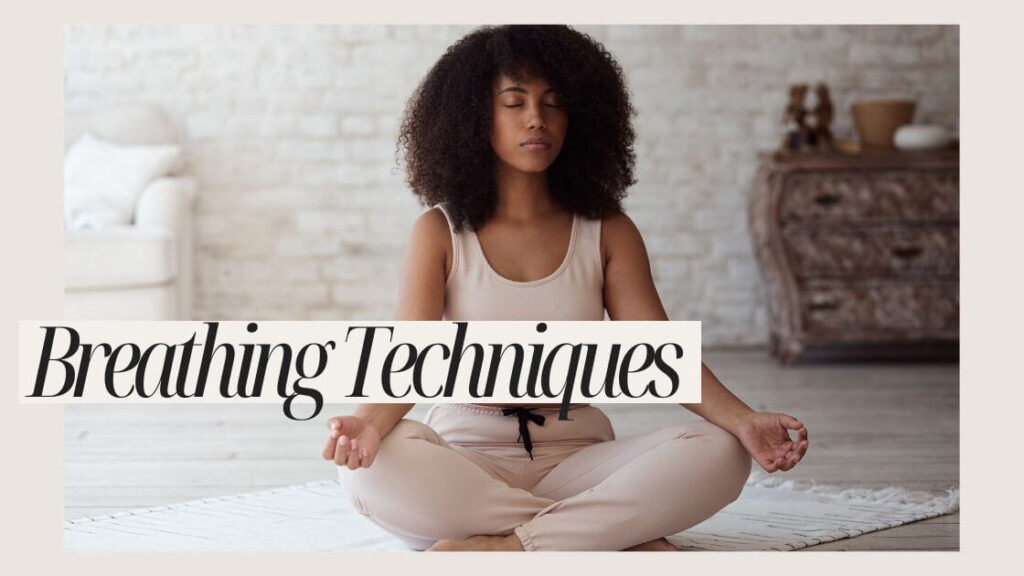Senior Educational Psychologist @ PsychMatters
Zaakirah Mohammed, a Psychologist with a special interest in trauma for all ages, childhood development and learning disorders
What is Anxiety?
Anxiety is a normal human emotion, and we all feel anxious from time to time. Mild Anxiety is required when we need to survive in dangerous situations, as well as to motivate us with everyday challenges and objectives.
Experiencing mild anxiety may help you become more alert in facing challenging or threatening circumstances. Stressful situations such as meeting tight deadlines or important social obligations often make us scared. However, when this normal emotion develops into an anxiety disorder it then disrupts your overall daily functioning, as well as your physical and mental well-being. It affects how we feel, and how we act in response to it and it can have frightening unexplained physical and mental symptoms which can be very disabling for the sufferer.
The frequency and intensity of anxiety can be overwhelming. If left untreated, anxiety disorders can have severe consequences. For example, some people who suffer from recurring panic attacks avoid any situation that they fear may trigger an attack. Such avoidance behaviour may create problems by conflicting with job requirements, family obligations or other basic activities of daily living.
So, when do you know you are experiencing an anxiety disorder?
- Your response is inappropriate for the situation
- When anxiety interferes with your normal functioning
- You experience excessive anxiety
- Feelings of apprehension or fear
- You are not always aware or recognize the source of where the anxiety originated from
- You cannot control your response
Fortunately, the majority of people with an anxiety disorder improve considerably by getting effective psychological treatment. People who suffer from an untreated anxiety disorder often also suffer from other psychological disorders, such as depression, and they have a greater tendency to abuse alcohol and other drugs. Their relationships with family members, friends and co-workers may become very strained. And their job performance may decline.
The most poplar treatments are :
- Cognitive-Behavioural Therapy
- Systematic exposure to anxiety-provoking situations, objects/thoughts
- Learning to substitute positive behaviours and thoughts for negative ones
- Learning new coping skills – relaxation exercises, controlled breathing, journaling
- Medication
- Reduces symptoms of anxiety disorders by influencing brain chemistry
- Psychotherapy
- Family Therapy
Tips for the sufferer
- Consult GP, Psychologist & Psychiatrist (PsychMatters has both on board to assist)
- Contact relevant organisations such as SADAG a national non-profit organisation
- Educate oneself on anxiety disorders
- Join/Start a Support Group which PsychMatters has on a pro bono basis
- Establish a Social Support System
- Join Internet Discussion Groups
- Lead a Healthy Lifestyle:
- Use alcohol and other medication in moderation
- Eat healthy
- Exercise
- Get enough rest
- Controlled breathing technique
- Practice it when you are relaxed so that you can do it whenever you need to.
Sit upright; if possible. Sitting upright is usually better than lying down, or ‘slouching’, as it can increase the capacity of your lungs to fill with air. - Control the rate of your breathing
If possible, breathe in through your nose and out through your mouth in a steady rhythm. Try to make your breath out twice as long as your breath in. This helps to empty your lungs of old air and to make as much room in your lungs for fresh oxygen-rich air. To do this you may find it helpful to count “one” as you breathe in, and “two, three” as you breathe out. - If possible, mainly use your diaphragm (lower chest muscle) to breathe.
Your diaphragm is the big muscle under the lungs. It pulls the lungs downwards which expands the airways to allow air to flow in. When we become breathless, we tend to forget to use this muscle and often use the muscles at the top of the chest and our shoulders instead. Each breath is shallower if you use these upper chest muscles. So, you tend to breathe faster and feel more breathless if you use your upper chest muscles rather than your diaphragm. - You can check if you are using your diaphragm by feeling just below your breastbone (sternum) at the top of your abdomen. If you give a little cough, you can feel the diaphragm push out here. If you hold your hand here you should feel it move in and out as you breathe.
- Try to relax your shoulders and upper chest muscles when you breathe
It is best to ‘take the weight’ off your shoulders by supporting your arms on the side arms of a chair, or on your lap. Gentle massage of your shoulders by a friend or relative may help you to relax. They can stand behind your chair and gently rub your shoulders and encourage you to relax. - Anxiety can make breathing problems worse. So, if possible, try to distract your mind when you are short of breath. For example, shut your eyes and try to concentrate on pleasant, peaceful thoughts. Some people find it easier to distract their mind by watching TV or listening to music. If persistent anxiety is a problem which you think is making your breathing worse, see your doctor. He or she may be able to advise on relaxation exercises or other treatments for anxiety.
- Practice it when you are relaxed so that you can do it whenever you need to.
Help and Support for others
- Get educated on Anxiety Disorders
- Go for your own therapy if necessary
- Start support group & social support
- Give time to yourself
- Support sufferer with:
- Sticking with medication (our in-house psychiatrist can navigate this with you)
- Encourage to go to therapy
- Assist sufferer with CBT ‘homework’
- Be patient & understanding with his/her behaviour & disorder
For assistance kindly contact
Senior Clinical Psychologist
Zaakirah Mohamed
or any of our psychologists/psychiatrists/ health care team at PsychMatters
Contact Psychmatters on
+2711 450 3576 | +2762 975 8442 | info@psychmatters.co.za
We do online or in-person consults.










